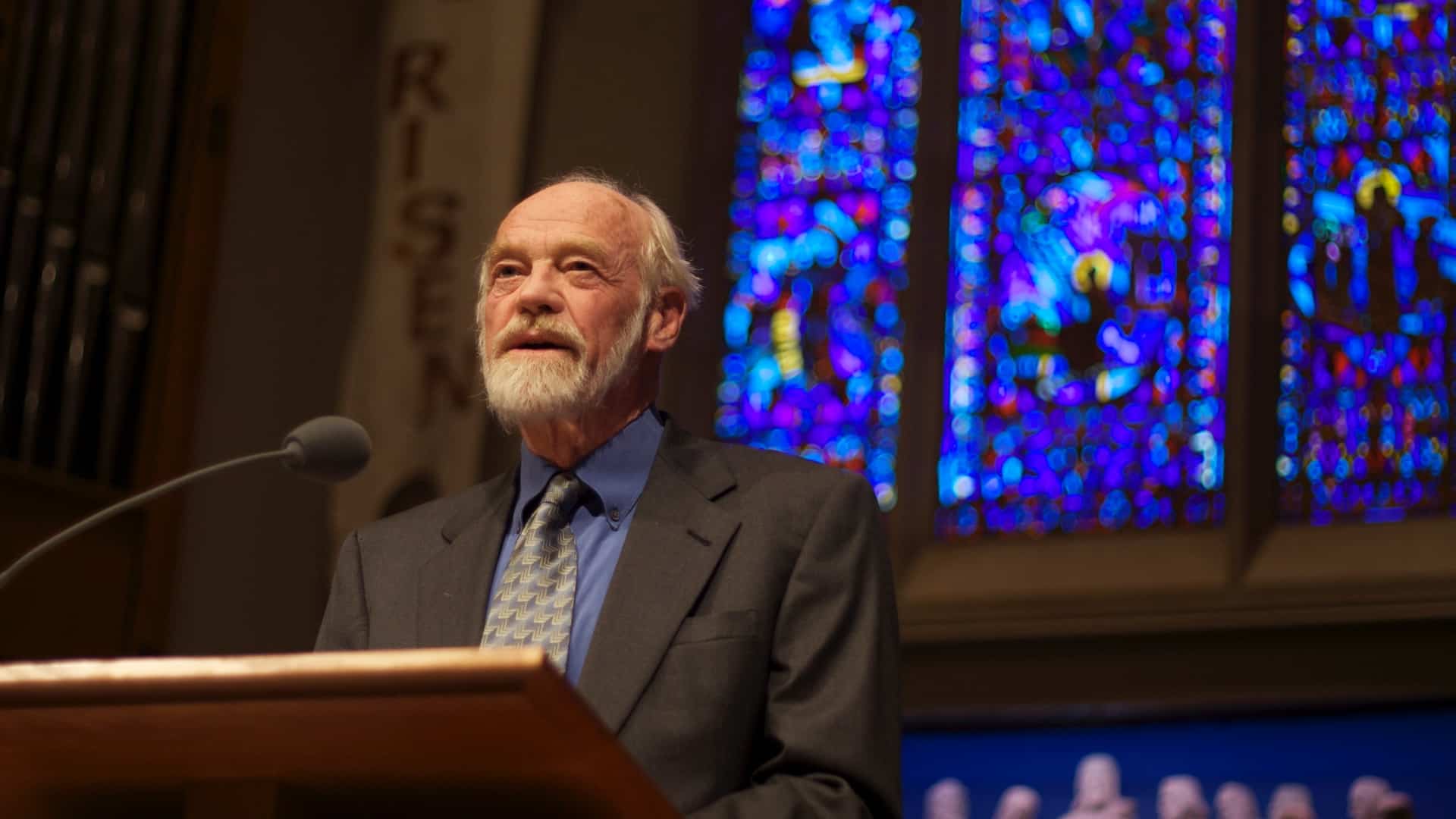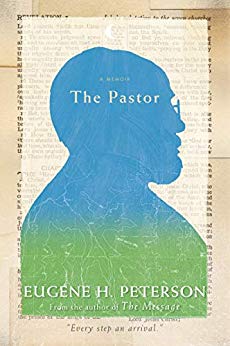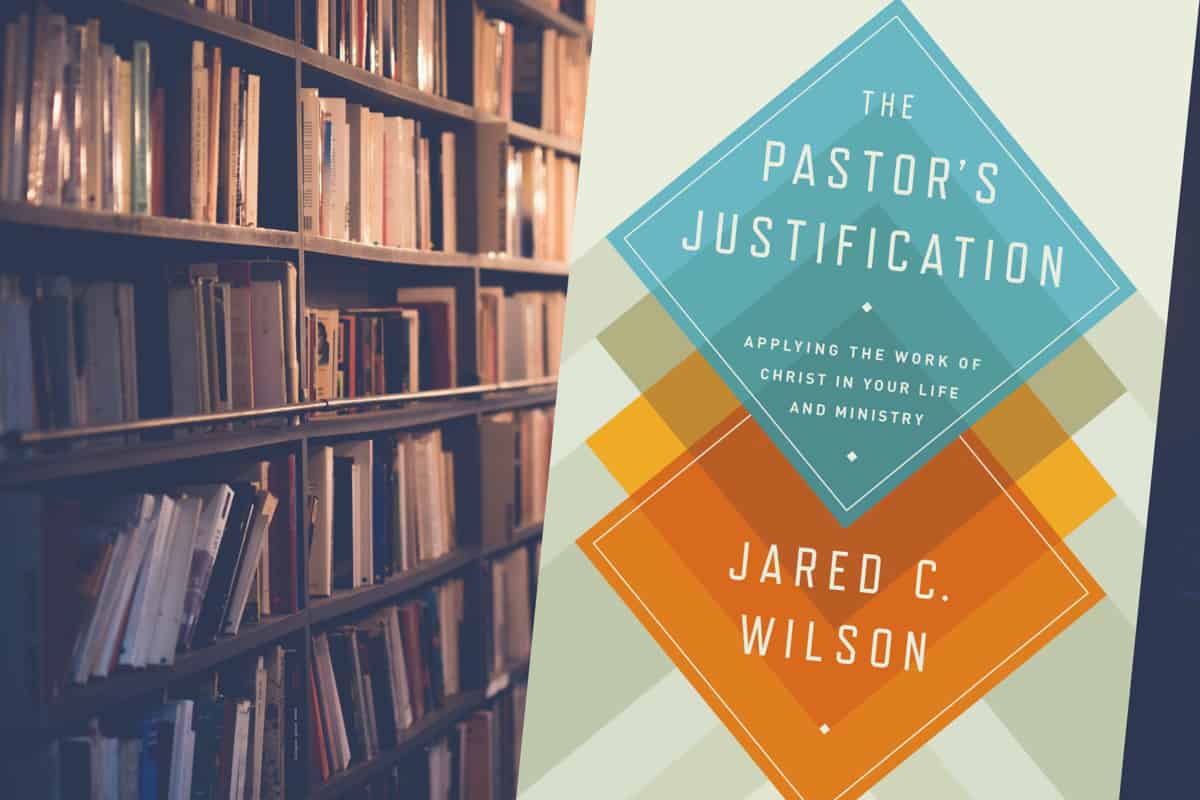The Pastor: A Memoir

I first heard of Eugene Peterson when I was a seminary student. Michael Haykin, one of my professors, recommended that I read Working the Angles. I did, and I’d never read anything like it.
As I began ministry, I’d occasionally return to Peterson. I appreciated his voice, but I always felt a tension between his prescriptions and my experience.
When Peterson’s memoir The Pastor came out in 2012, I devoured it. I needed a clearer picture of what ministry Peterson’s kind of ministry looks like, and I wasn’t disappointed.
Honest, Irreverent, Contrarian

If I had to summarize The Pastor in three words, I’d pick these three: honest, irreverent, and contrarian.
By honest, I mean that we get inside Peterson’s head. We get to experience life through Peterson’s eyes from his childhood all the way to his later years. I enjoyed hearing about his childhood, his courtship and marriage, his false starts, his pastoral ministry, and his ministry after he retired from pastoring. I especially appreciated his honesty about his struggles, including a period of ministry he calls the badlands.
It’s also irreverent. Peterson doesn’t stand on formality and politeness. He has a quick sense of humor, and he’s frank. After speaking too highly of a group of nuns, for instance, one of the nuns asked him, “Eugene, is it difficult to be married?”
Peterson replied, “Certainly. It’s the hardest thing I have ever done. I lived twenty-five years as the center of my universe, and then suddenly I was no longer the center. There was another, Jan, who had also been accustomed to being the center. It took us both by surprise—you can’t have two centers. Yes, it is difficult. Why do you ask?”
“How would you like to be married to thirteen women?” The nun said. “Some of these nuns can be real bitches.”
This is also a contrarian book. Take Peterson’s advice and you will be cutting against the grain of pastoral ministry as it’s currently practiced in North America. Peterson is never better than when he sounds the alarm about the seductions we face in ministry. “Every time the church’s leaders depersonalize, even a little, the worshipping/ loving community, the gospel is weakened. And size is the great depersonalizer,” he warns. “I really do feel that crowds are a worse danger, far worse, than drink or sex.”
I suspect that Peterson and I would have disagreed on many issues of theology. But I suspect that we would also have found a lot of common ground. Whatever our differences, Peterson writes with insight, irreverence, and clarity about the pastoral life. I can’t imagine a pastor who wouldn’t benefit from reading it.
Read It Again
I first read this book when it came out, and it was good to read it again. Actually, I listened to it this time, which helped me enjoy the story even more.
Pastors need principles. But we also need to see these principles lived out. I believe that Peterson has written books on pastoral theology that will endure for generations. This book gives us a peek at how he lived out his theology in life.
Pastors: read this book. Underline it. If you’re not a pastor, this book will also benefit you, and it may help you understand your pastor better. But even if it doesn’t, I’m pretty sure you’ll enjoy it.
More from Amazon.com





